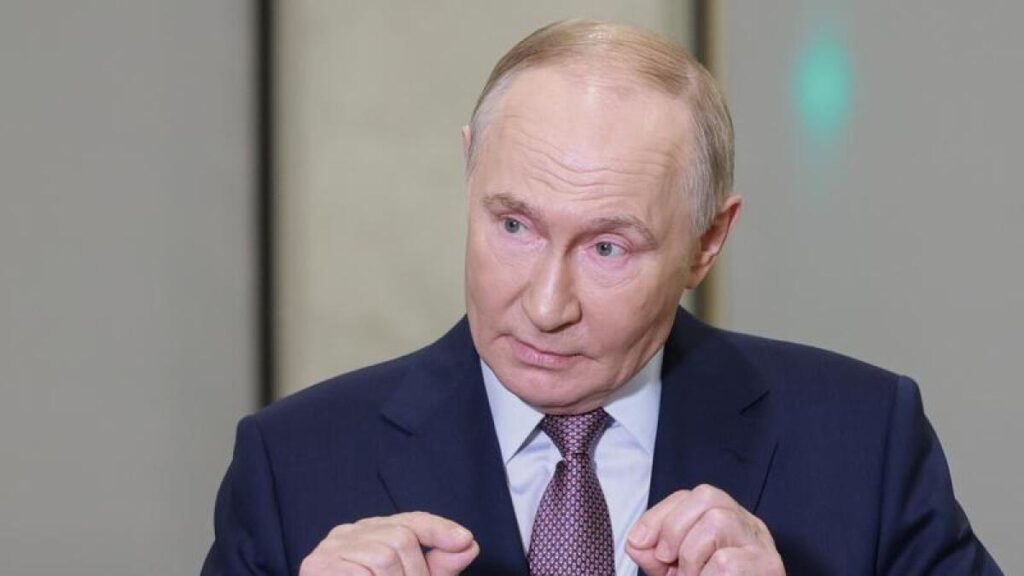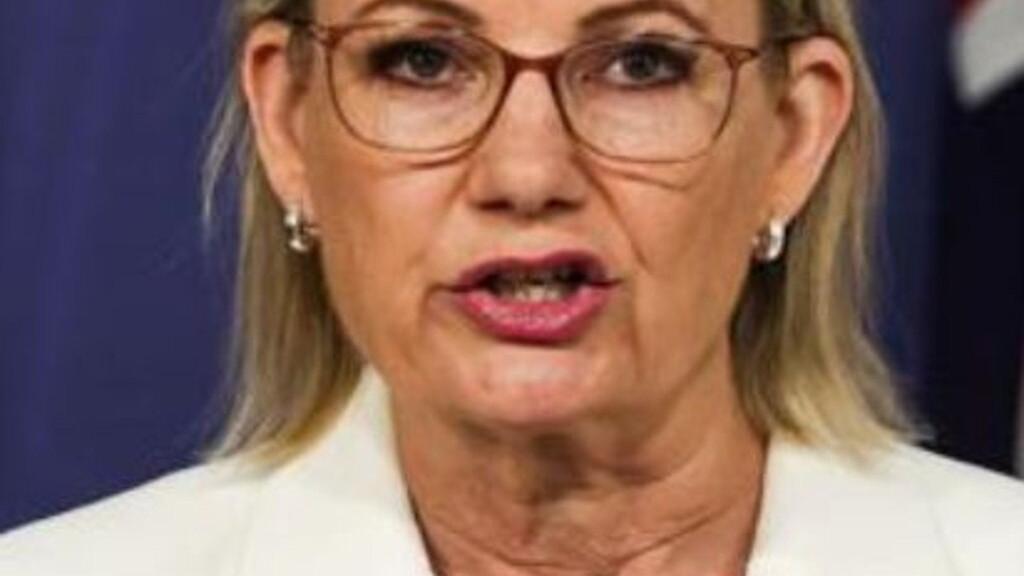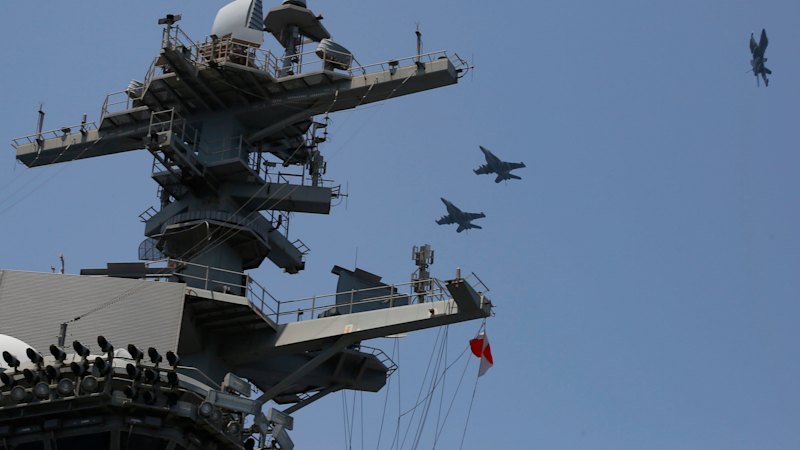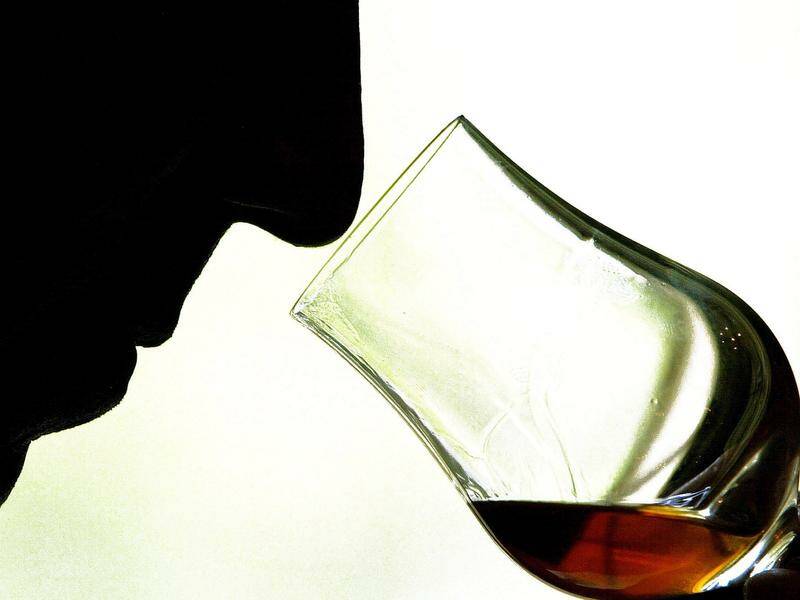
Russian President Vladimir Putin announced that Russia will not yield to pressure from the United States regarding the ongoing conflict in Ukraine. Speaking to reporters, he characterized the recent foreign sanctions as an “unfriendly” act that would have “certain consequences,” but he asserted that they would not significantly impact Russia’s economic stability.
Putin emphasized the resilience of Russia’s energy sector, stating, “This is, of course, an attempt to put pressure on Russia. But no self-respecting country and no self-respecting people ever decides anything under pressure.” He noted that sanctions could disrupt the global oil market, warning that any reduction in exports from Russia, the world’s second-largest oil exporter, would likely lead to increased oil prices, particularly at service stations in the United States.
The Russian leader’s comments came in the wake of newly imposed sanctions on two of Russia’s largest oil companies by the U.S. Treasury. Putin highlighted that Donald Trump had previously instituted strict sanctions during his presidency. He remarked on the cancelation of a planned summit in Budapest, which was proposed by Trump. “What can I say? Dialogue is always better than some kind of confrontation, than some kind of dispute or, even more so, war,” he said.
In response to a report from the Wall Street Journal regarding the lifting of restrictions on Ukraine’s use of long-range missiles, Putin warned of serious consequences if such weapons were used to target Russian territory. He stated, “If such weapons are used to attack Russian territory, the response will be very serious, if not overwhelming. Let them think about it.”
Ukrainian President Volodymyr Zelenskiy addressed the European Union leaders in Brussels, emphasizing the urgent need for financial support derived from frozen Russian assets. He asserted, “The time to act on Russian assets is now,” urging for swift action and full support from the EU. Zelenskiy underscored that any delay in addressing the matter would not only hinder Ukraine’s defense efforts but also impede progress for European nations.
Discussions about the use of frozen Russian assets have encountered challenges, particularly from Belgian Prime Minister Bart De Wever, who has expressed concerns about the need for guarantees from fellow EU states before proceeding. De Wever stated, “I want the full mutualisation of the risk because there is a big risk.” He stressed the importance of ensuring that all member states would contribute if the money had to be repaid.
As the situation unfolds, the geopolitical landscape remains fraught with tension, with both sides preparing for potential escalations. The focus continues to be on diplomatic solutions while addressing the pressing economic implications of the ongoing conflict.







